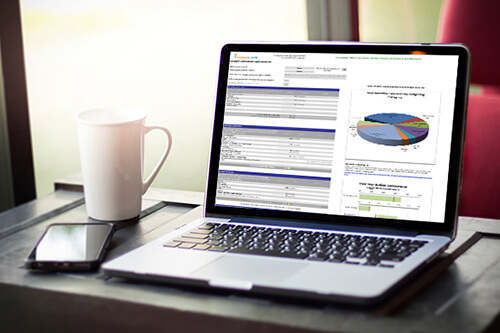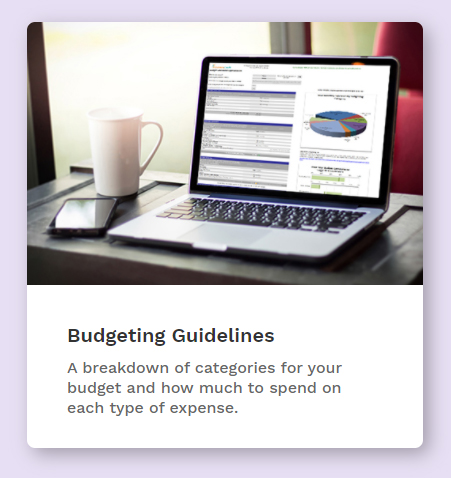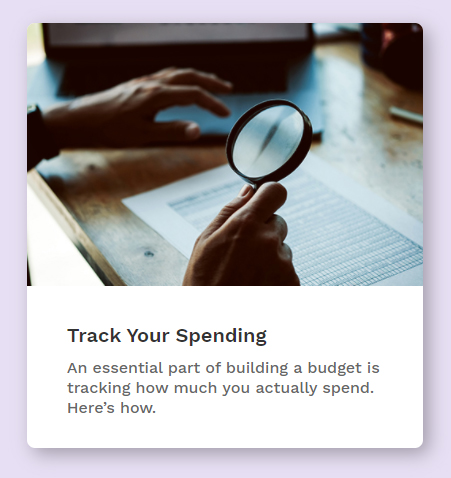How to Weather the Financial Storms of Life | Preparing for Financial Problems
Q: A lot has happened this year to cause me to reflect about how unprepared my family and I are for a significant life event. We don’t want to end up in financial ruins, what can you suggest to get us started?
A: Life events happen to us all. They can be positive, like a pregnancy, promotion or relationship, or they might be devastating, like the end of a relationship, an illness, injury or even death. Preparation is the key to surviving these unavoidable life events financially intact.
Make Sure You Have a Will and Proper Insurance
Start by speaking to a lawyer or notary about creating a legal will. This document will ensure that your wishes are carried out and that your children and family are provided for. It can also protect your loved ones from the stress of a family dispute over money or property. In addition, a lawyer can help you create a living will, which gives your family direction about how to handle your health care if you are incapable of making those decisions for yourself.
It is also important to speak to an insurance professional about the different types and amounts of insurance you may need, e.g. life, critical illness or disability. You may have some coverage through work or with your mortgage, so it’s important to review all policies annually, and especially if your circumstances change.
Create an Emergency Fund
One of the best strategies for weathering a financial storm is a personal emergency fund. Have money saved in a separate account to pay for at least 3 – 6 months of living costs. This may seem like a lofty goal, so start small and work towards it. Pay yourself first to get it started, or jump start your savings with any unexpected money you receive. If you set the money aside first, you won’t miss it and you won’t be tempted to spend it on something else.
Pay Down Your Debt
Along with starting an emergency savings account, commit to paying down your debt. If you rely on your line of credit in an emergency, you are at the mercy of your lender should something unexpected happen or you experience some financial problem. If the economy changes, interest rates rise or your lender chooses not to extend further credit to you, without cash of your own, your ability to manage during a difficult time may be limited.
No one knows for certain what the future holds. When it rains, it sometimes pours. Carrying an umbrella will only keep you dry for so long. Work as a family and plan to weather the storm together.
Related Topics
- How to Pay Down Your Debt Faster (On MyMoneyCoach.ca)
- 12 Ways to Get Out of Debt
- How to Protect Your Finances from Natural Disasters (On MyMoneyCoach.ca)





